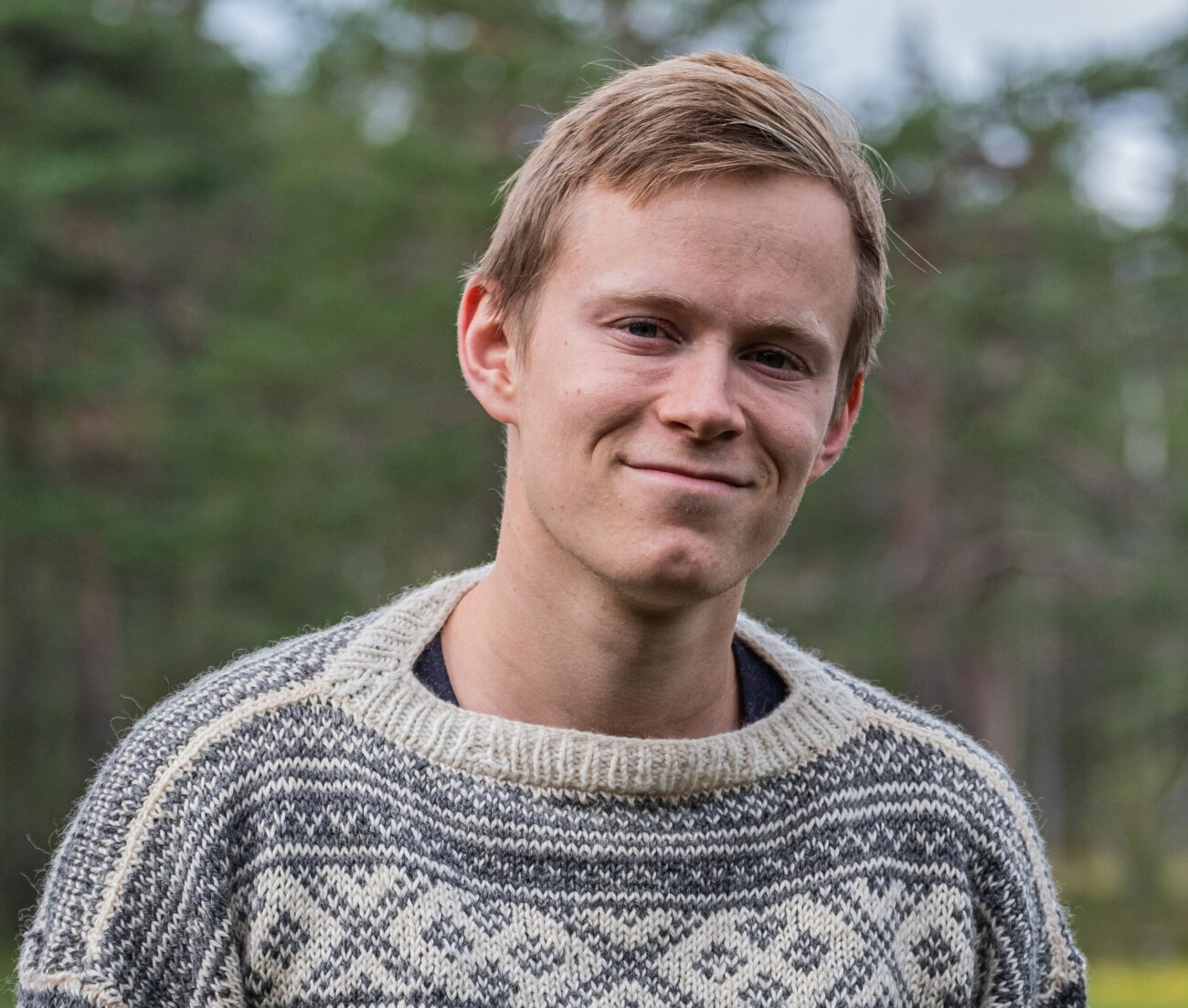
Filed by Elisabeth Eide. “Currently, emission cuts are far too slow. Stop searching for more oil and gas! Politicians do not prioritize sufficiently. There is much money in fossil energy”, says activist Gaute Eiterjord.
Gaute Eiterjord was one of the main leaders of the school strikes in Norway when he was head of the “Nature & Youth” (NU) organisation. To him, the 2019 school strike was the largest event NU had ever been part of, “the largest in Norwegian history”.
Cut emissions ASAP!
He grew up in an environmentally conscious family and was organized in NU from the age of 14. In 2018, the IPCC 1,5 degree report motivated him further, and his organisation tried to put pressure on several political parties. Compared to other organisations, he says that “We look more at the large, structural changes: Oil, enlarging airports, while encouraging people to have guilt-free holidays.” He is also concerned that the most vulnerable people when it comes to the climate crisis, are those in the Global South and underlines the importance of changes and adaptation in the agricultural sector, “cultivating crops that are more adaptive to the changes. Plan for water and sanitation, water circulation. Cut emissions as soon as possible!”
Media has improved
He finds that media coverage has improved and that the public debate is much more about environment than before. “But when a new oil field is opened, there is a lack of critical voices, due to Norway’s status as an oil nation.” He thinks the coverage of oil issues too scant. “It should be more coverage of climate measures. Some media write about how expensive they may be for certain groups, but less about how we can all benefit.”
Greta’s inspiration
During the school strikes, Greta Thunberg was an inspiration. “Her message of limiting global warming to 1,5 degrees is clear. But she does not suggest the concrete measures to reach that goal.” Gaute says he finds it okay that she does not suggest such measures, as “those should be suggested in every country. And sometimes she focuses for example on the need to keep the oil in the soil. Greta Thunberg has created a new way of talking about the climate crisis. She communicates facts within climate research in a new say, which focuses on responsibility, not least for the injustice towards the young generations. “
Gaute thinks the climate crisis has become a generational conflict, and that “we young people have talked about for a long time. Perhaps we have been a trifle too polite. The facts are good enough, politicians should listen!